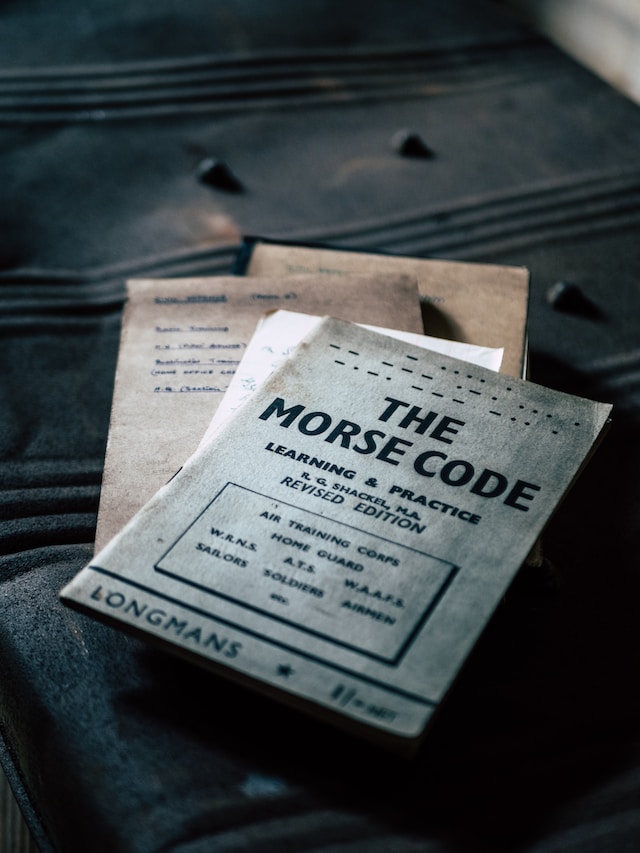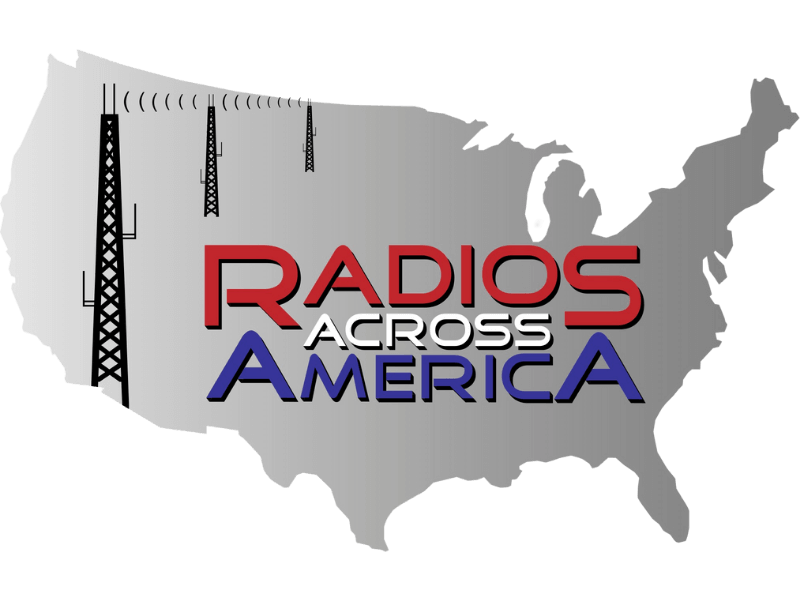
PART THREE in our series on FCC licensing:
Orderly identification is another reason for licensing. When radio transmitters and receivers were first being used on ships at sea, morse code was the only method of sending messages. Stations self-identified at that time, and since sending out an operator’s full name or location would have proven cumbersome because of their length, it was commonplace to self-assign abbreviations for an operator, a ship or a location. There were no real standards, so these initial “call signs” resulted in problems when (for example) two or three ships chose the same call sign. Unique identifiers, organized and regulated under a central agency, were needed in order to keep track of each ship to identify exactly which mariner was in trouble and needed assistance. The Communications Act did just that. Call letters became formalized under federal and international authority.
Various call letter schemes were created for the few types of operations which were occurring at the time, so call signs were simple, composed of three letters. Today’s modern assignment of call signs has developed from those modest beginnings to what we now have today in Radio and TV Broadcasting, Aviation, The Military, Government, Business, Amateur Radio, GMRS, and other radio services.
Then there’s the concept of “standing”. I am not talking about a posture that’s opposite of sitting or reclining, but “legal standing”. An unlicensed radio user trying to get relief from the FCC or the courts for damages incurred when another unlicensed radio user interferes with their radio system and causes harm will have no standing because they are not even authorized to be transmitting on the contested frequency in their claim. However, if the radio user being interfered with is licensed under the rules of the FCC and another radio user who is unlicensed is doing the interfering with their radio system, the licensed user has standing under the law and the unlicensed user does not. Why does “standing” matter? The FCC will almost always rule in favor of a radio operator with standing and against the unlicensed entity.
Radios Across America LLC is a full-service two-way radio dealer you can trust. We can help not only with Frequency Coordination and Licensing, but provide a wide variety of radios for pretty much any business. Give us a call at (800) 571-GMRS (4677) or drop us a line through our contact page.
See Part Four in Our Series on FCC Licensing for More Information.
